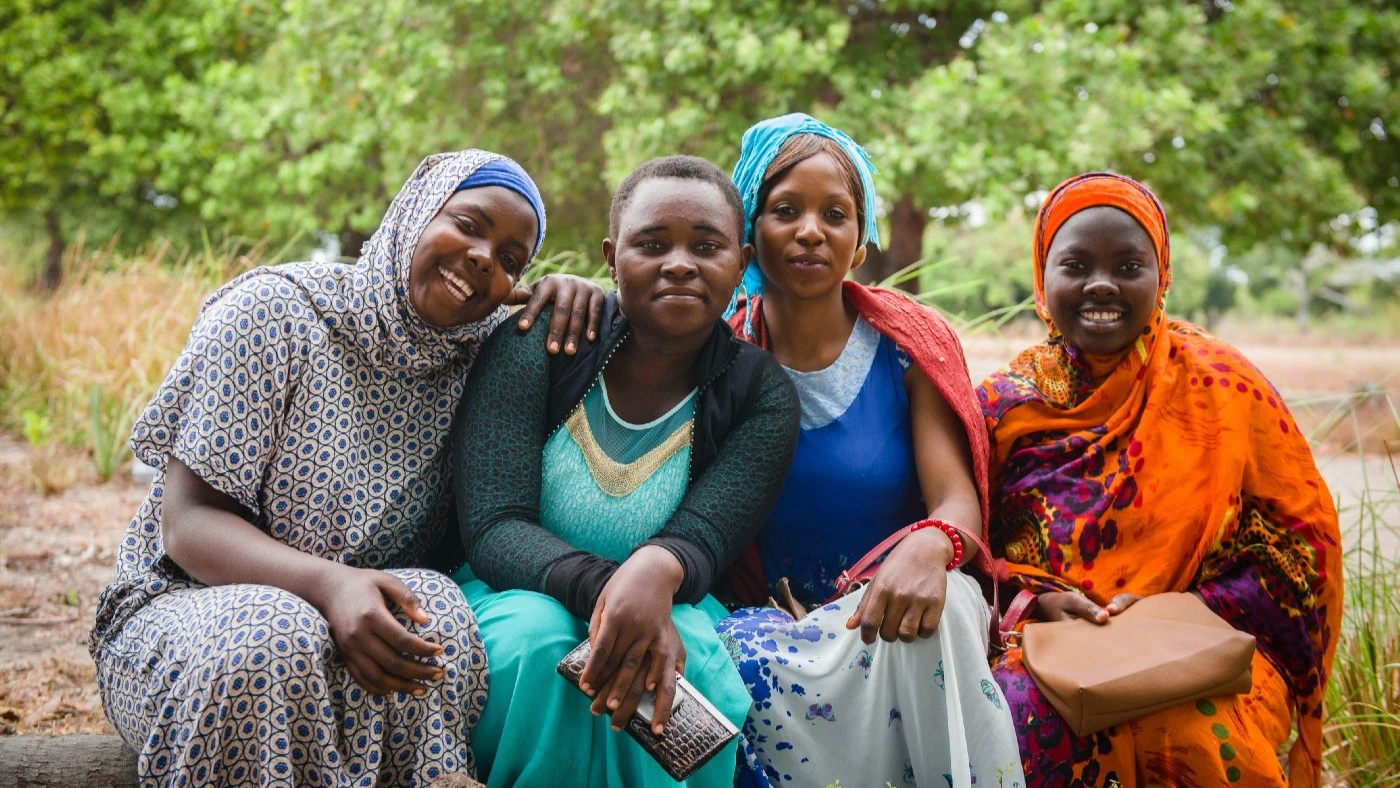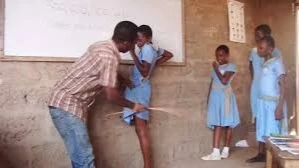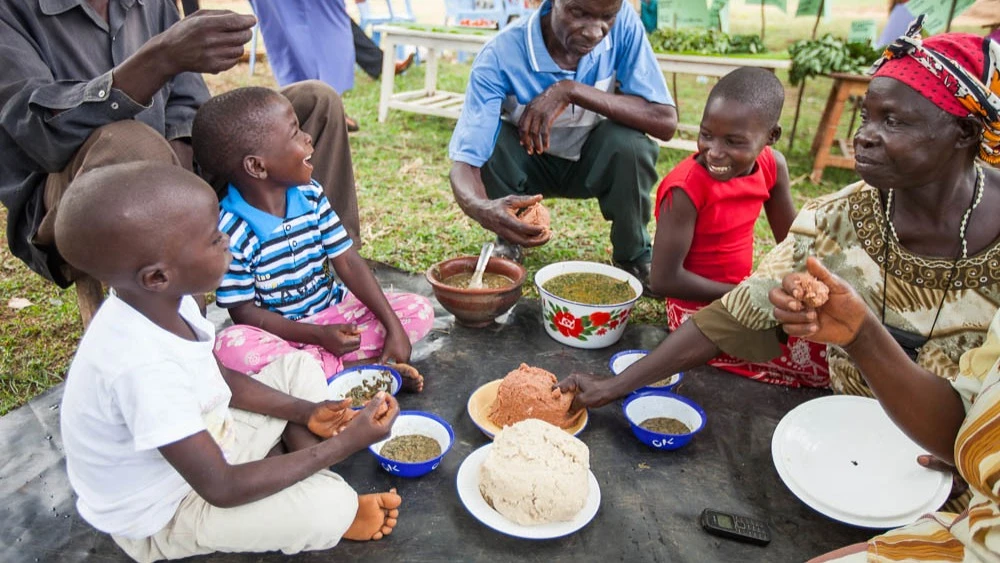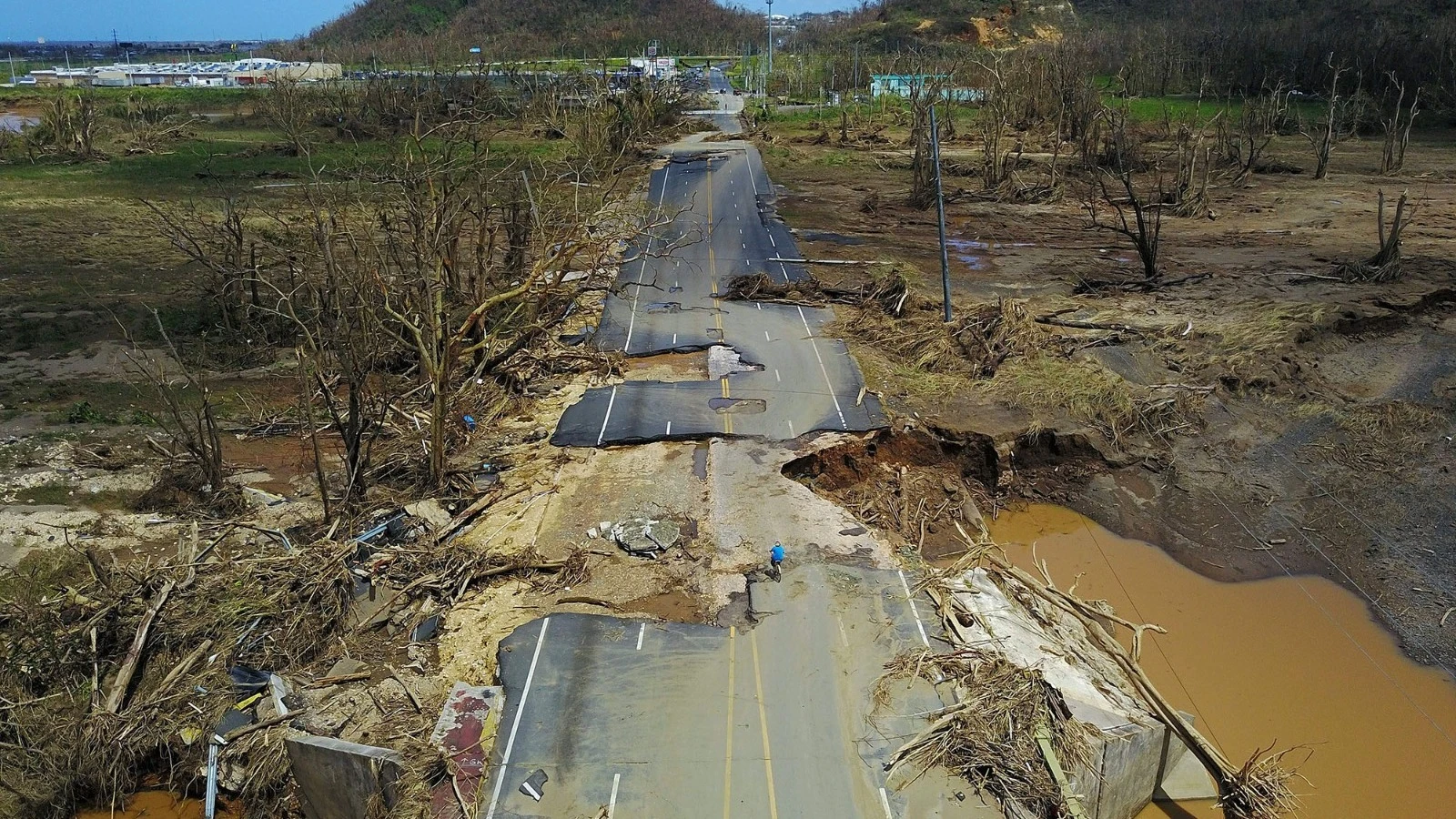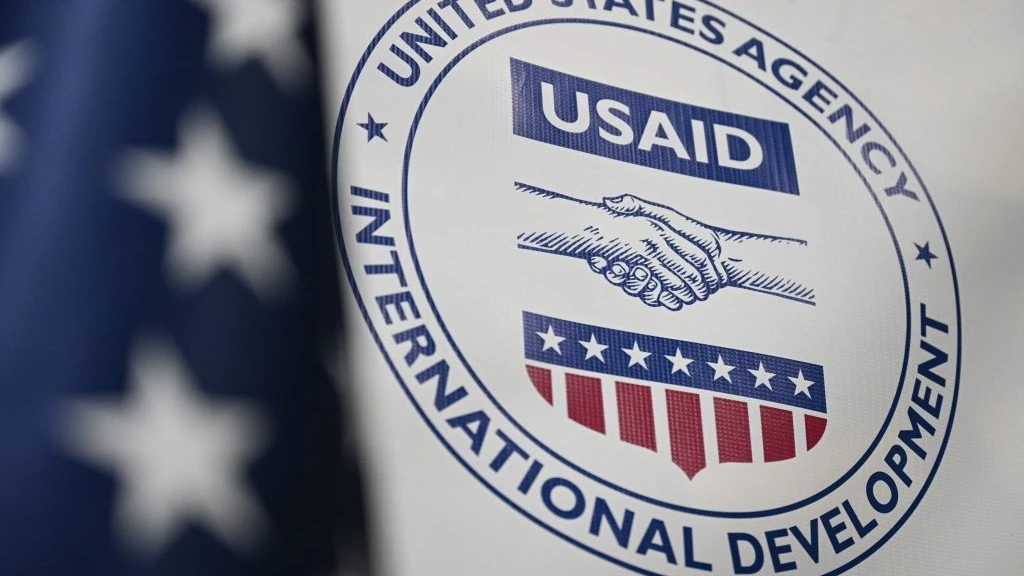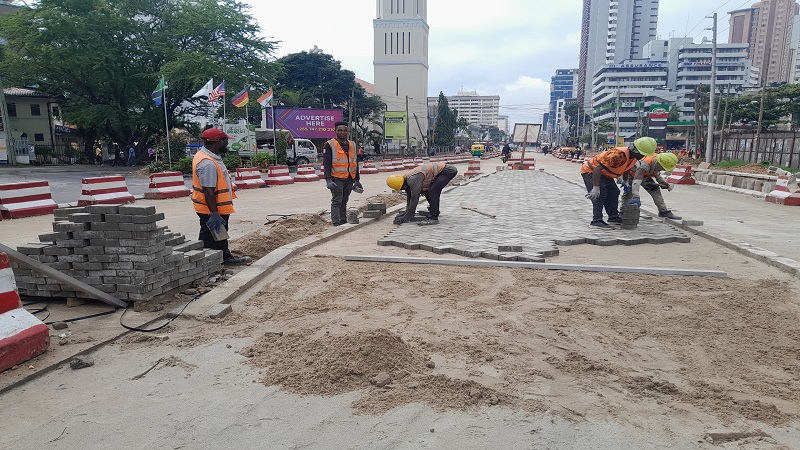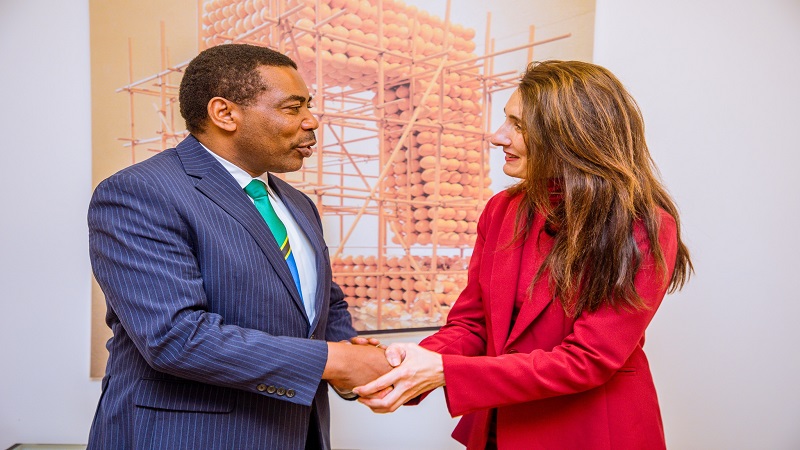Wheels of purpose: how Jackline Mtaita turned tragedy into a powerful movement

AT 25, Jackline Bakari Mtaita carries a kind of strength that doesn’t come from the body—it comes from the soul, from surviving what many would consider unbearable, and somehow choosing to rise. Just a few years ago, she was like so many other young Tanzanians—ambitious, focused, and full of hope.
Her days were filled with school routines, revision notes, laughter with classmates, and quiet dreams of a future still unfolding. She was on her way back to Lukole High School in Ngara to complete her final year when everything changed.
It was January 4, 2020—a date that’s now etched in her life story not as a milestone of academic achievement, but as the day everything came undone. A car accident on that journey didn’t just break bones—it shattered the rhythm of a life in motion.
In an instant, the girl who once walked with energy and promise was left battling a spinal cord injury. Her legs could no longer carry her, and her reality was suddenly tethered to a wheelchair, to a new way of existing she never saw coming. But what the accident couldn’t take was the fire within.
In the silence that followed—the hospitals, the diagnosis, the reality sinking in—Jackline faced a kind of grief that’s hard to put into words. The loss wasn’t just physical. It was the quiet burial of dreams that once lived freely in her heart.
The future she had imagined, once bright and wide open, now seemed uncertain, even impossible. For many, that would have been the end. And for a while, it nearly was. She broke. She cried. She doubted. But then, something remarkable happened—she didn’t stay down.
“I remember thinking, my dreams are not over—they are just different now.” That shift in mindset didn’t come overnight. It came from facing herself in the mirror each day and choosing, bit by bit, to fight back.
The girl who once walked confidently into classrooms became the woman who would roll with even more purpose into communities, meetings, stages, and conversations that matter.
Out of that pain, Jackline began rebuilding her life—not as a victim of fate, but as a voice for change. She founded ‘Tupo Sawa’ organization—a platform for people living with disabilities to be seen, heard, and empowered. The name itself—"Tupo Sawa"—speaks volumes. It’s not just a slogan; it’s a declaration. We are equal.
In a world that too often sidelines those who live differently, Jackline stepped in, not asking for pity but demanding recognition. Through the organization, she raises awareness, provides support, and builds bridges of understanding between the able-bodied and those living with disabilities.
And she does it not just as an advocate, but as someone who knows the struggle intimately—the daily frustrations, the invisible battles, the way public spaces can quietly exclude you.
“When I was told I’d never walk again, I thought it was the end of my story. But it was the beginning of another kind—a deeper one.” Her words don’t come from a place of easy inspiration. They’re rooted in long nights, painful memories, and a fierce decision not to be erased by circumstances.
But Jackline didn’t stop there. She took her leadership even further by becoming part of KASI, an organization that works with individuals who have suffered spinal cord injuries in Dar es Salaam.
Through this, she has expanded her reach and amplified her message. She’s not just advocating—she’s shaping policy, transforming perceptions, and building a world that doesn't just accommodate people with disabilities but values them.
As if her advocacy weren’t powerful enough, Jackline is also a singer. Her music carries the same depth as her story—songs laced with resilience, sorrow, hope, and defiance.
In every lyric, you hear not just a voice, but a soul that refuses to be silenced. It’s a reminder that art and activism are not mutually exclusive. Sometimes, a melody can move people faster than a speech ever will.
There is a quiet, heartbreaking beauty in the way Jackline reflects on her journey. She doesn't sugarcoat it. She knows what it means to have everything change in a heartbeat. She knows the ache of watching your peers move on while you’re learning how to live again—this time, differently.
The dreams she once had may never return in the same form, but what she's created from the ashes is something entirely new, something even more powerful.
“My wheelchair is not a prison—it’s my chariot of purpose.” That line stays with you, not because it's poetic, but because it’s true. She’s made mobility into the mission. She’s taken what many see as a limitation and transformed it into leadership. She’s not asking the world to fix her. She’s asking the world to catch up.
But this journey isn’t one she can walk—or roll—alone. The road for someone with a spinal cord injury is paved with challenges that go far beyond the physical. Medical care is expensive. Accessibility remains a daily battle.
Even the most basic things—transportation, buildings, job opportunities—often feel like closed doors. Jackline is doing her part. But she’s also calling for support. Not just for herself, but for every person who’s been made to feel like life stopped after an accident.
“We can only go so far alone. But together—with people who care, with well-wishers, with partners—partners-this movement can grow.” It’s a reminder that real change needs hands, hearts, and voices working together.
Her story isn’t about tragedy—it’s about transformation. It's a reminder that the human spirit, when it refuses to be broken, can bend the course of destiny. Behind Jackline’s eyes is a storm that has been weathered, and behind her smile is a future she’s building piece by piece—not despite her pain, but through it.
Her father, Mr. Bakari Mtaita, who recently spoke with this writer, offered a glimpse into the quiet strength behind Jackline’s foundation. His voice was steady, but full of emotion—of pride, not pity. “Jackline is not just my daughter—she is my teacher.
She has shown me the kind of courage most people never reach in a lifetime,” he said, gently. “When the accident happened, we were broken as a family. But she didn’t let it end her. She lifted us all with her.”
There was no trace of stigma in his words, only awe. “To me, she’s more than whole. I don’t see a disability—I see determination. I thank God for the daughter He gave me.”
And maybe that’s the story the world needs right now. Not a perfect triumph. Not polished inspiration. But raw, resilient truth—the kind that says, I didn’t choose this path, but I’ve chosen to walk it with power.
From Jackline’s journey, society is called to learn something far deeper than sympathy. It’s a challenge to confront our assumptions, to realize that disability is not the absence of ability—it’s simply a different way of navigating the world.
Her life asks us to look again, to see beyond the wheelchair and into the mind, heart, and drive that pushes it forward.
She is proof that dreams do not die with injury—they evolve. What she embodies should unsettle any comfort in exclusion and awaken the duty to build spaces where everyone belongs. Jackline isn’t asking for handouts—she’s modeling leadership, dignity, and purpose.
Her life tells us what so many try to ignore: true strength doesn’t always stand tall. Sometimes, it rolls forward and refuses to stop.
Top Headlines
© 2025 IPPMEDIA.COM. ALL RIGHTS RESERVED












